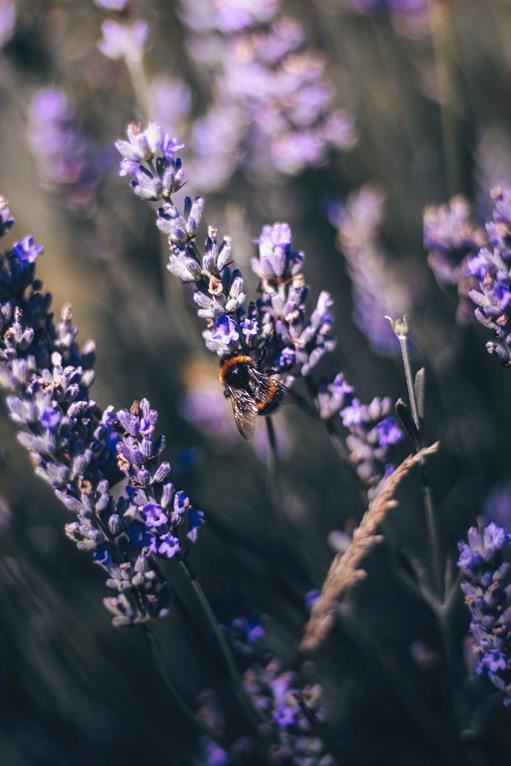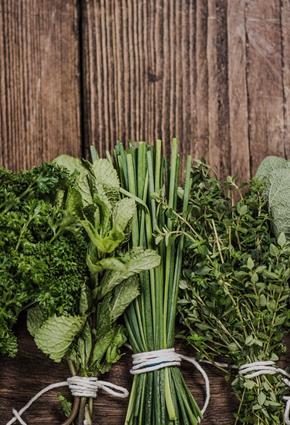Pollinating insects are hugely beneficial to plant populations and ecosystems, but did you know they’re key to supporting our global economy too?
Pollinators are responsible for a net £690 million worth of crops in the UK. They’re essential for the growth and success of major crops we eat every day and without insects doing the hard work, it’s estimated the cost for us to do the pollinating ourselves could be at least £1.8 billion a year.
Something to think about next time you’re munching on an apple or popping a strawberry in your mouth.
But what is a pollinating insect?
Insects such as bees, butterflies, moths and hoverflies travel from plant to plant searching for nectar and pollen. Each time they land on a plant or crawl into a flower, they’re moving the pollen around, helping plants to reproduce. This ensures healthy numbers and diversity of plant populations across the country.
A healthy and diverse number of pollinating insects and plants also provide food and shelter for other wildlife such as birds and small mammals, particularly in edge habitats like hedges.
According to the British Bee Coalition, 76% of plants preferred by bumblebees have declined in recent decades reflecting the decline in bumblebee numbers. This relationship between pollinating insects and the plants they pollinate is a fragile one, which is why they need our help.
What we can do at home to support pollinators?
Our gardens and outdoor spaces are increasingly important spaces for pollinating insects.
By providing them with food and shelter we’re offering them a safe space to recover and we get to benefit from more home-grown flowers and veg. It’s a win, win situation.
We’ll be sharing lots of ways to encourage pollinating insects and other wildlife into your outside space over the next few weeks but for now, here’s what you can do in your garden to help.
I. Grow more of the right type of flowers. Nectar-rich, open blooms are the way forward, plus a wide range of trees and shrubs.
II. Make sure you have something to offer pollinating insects all-year-round. Insects need food and shelter during the winter months too!
III. Building an insect hotel or adding a bee brick into your garden wall will help with shelter for pollinators. It’s also a good idea to leave seed heads in winter for hibernating bees and beetles.
IV. Don’t over tidy the garden. We’re a nation obsessed with neat outdoor spaces. Dead plant material protects insects from frost.
V. Avoid using pesticides.
Don’t think you need a big garden to make a difference. One window box on a windowsill can be beneficial. Plant it up with fragrant herbs or bright open flowers and you’ll hear bees buzzing out there in no time at all.
Sources: British Bee Coalition and Gardens Illustrated.




